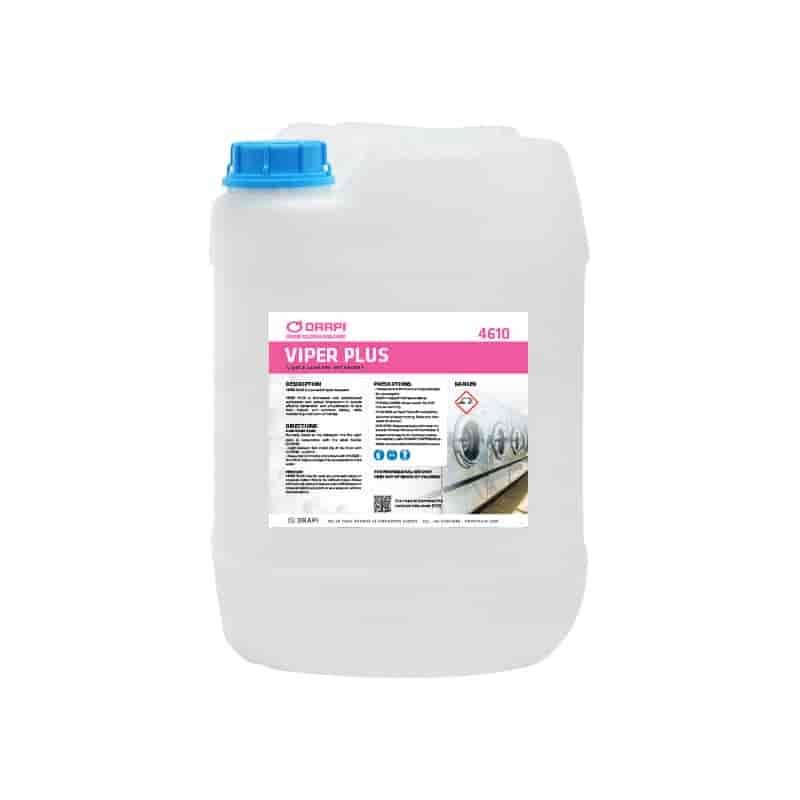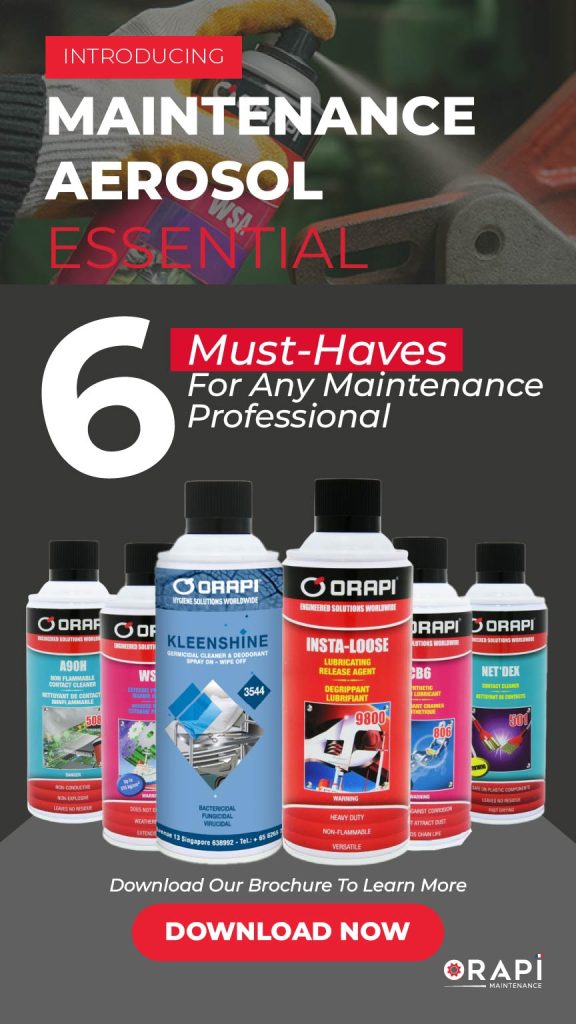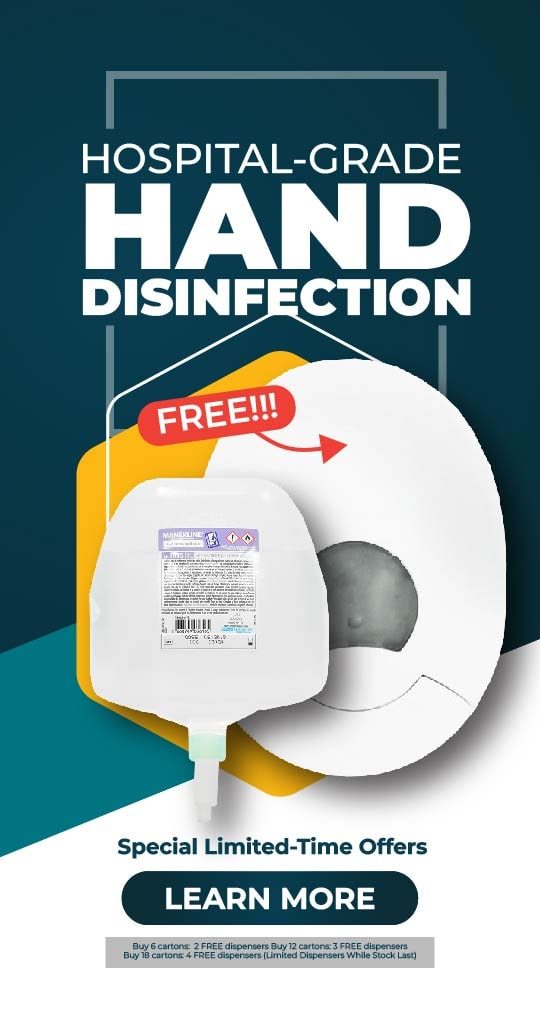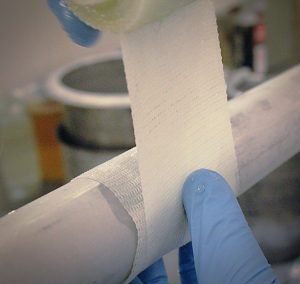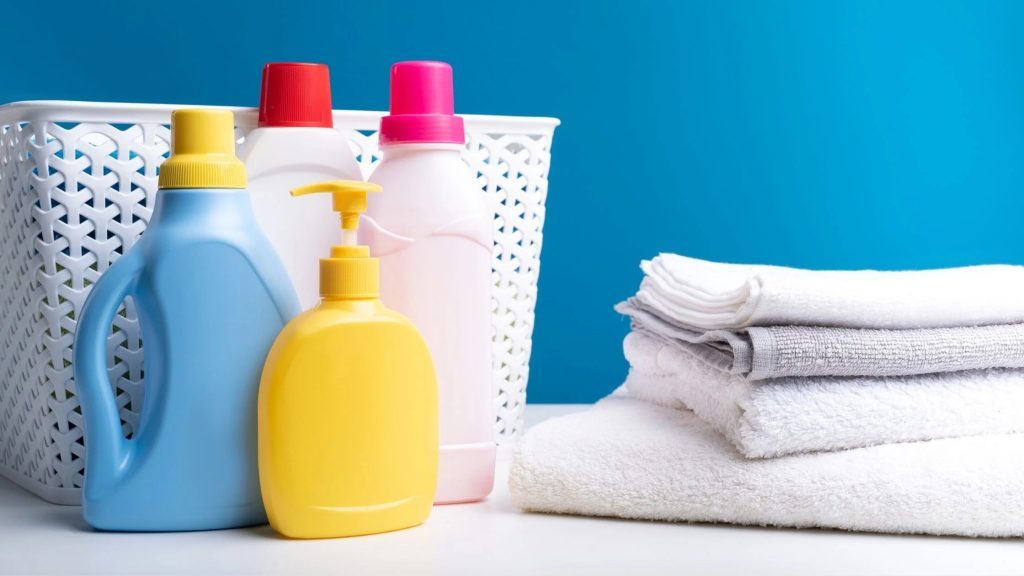
Understanding how to choose the right laundry detergent is crucial for effective clothing care. This guide covers ten key factors, from detergent types to fabric softeners, to optimise your laundry routine. It includes information on detergent composition, machine compatibility, stain removal techniques, environmental impact, fabric sensitivity, and colour preservation. Whether you’re deciding between powder and liquid detergents or need insights into fabric softener selection, this guide offers essential knowledge for keeping your clothes clean and fresh while prioritising skin health and environmental sustainability.
Factor 1: Understanding the Types of Detergents
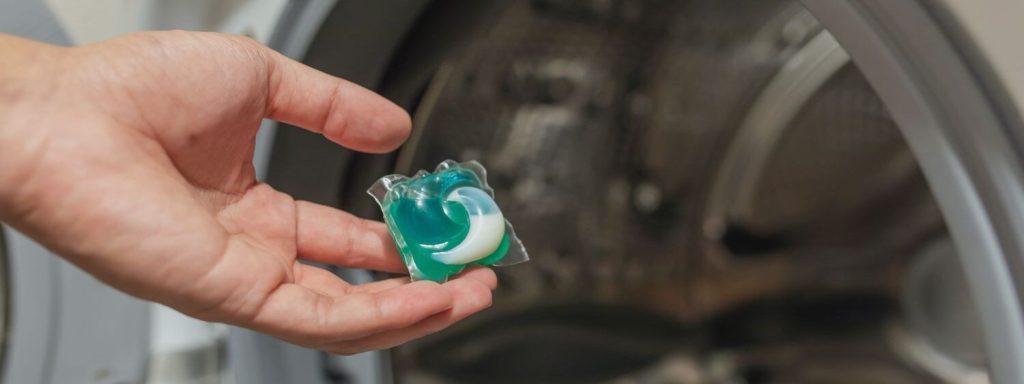
It is important to understand the characteristics of laundry detergent. The most common types are powder, liquid, and laundry pods, the latter of which is the most expensive option. Here are brief introductions for your reference.
Powder Detergent
Powder detergents are effective for removing tough stains. One advantage of powder detergent is that you can create a liquid detergent by mixing warm water with it. Additionally, it is very good at removing stains from clothes. However, using powder detergent for washing may leave a powdery residue on your clothes.
Liquid Detergent
Compared to other types of detergent, liquid detergents have a lower environmental impact. A high-quality liquid detergent can prevent white powdery patches on your clothes, especially if you have a high-efficiency washing machine that uses very little water.
Detergent Pods
A detergent pod is a concentrated liquid detergent that you drop straight into your washing machine. Depending on the brand and type, laundry pods may contain fabric softeners or other additives. However, unlike loose detergent, you cannot adjust the amount to the size of your load. Additionally, they are more expensive than other loose detergents.
Factor 2: Laundry Machine Type
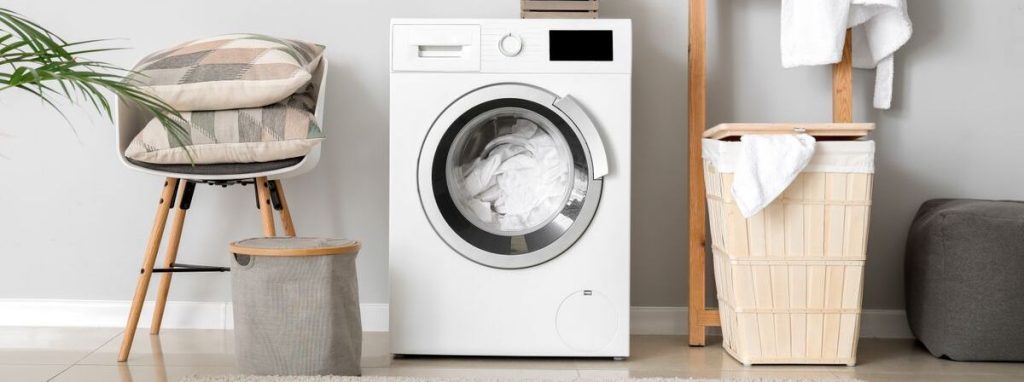
Make sure the laundry detergent you use is suitable for your washing machine. If you have a high-efficiency washing machine, use high-quality detergent to prevent excessive foaming. Over time, excessive foaming could damage the machine. Additionally, if you are using an automatic washing machine, it is better to use products that are specifically made for machines. If you use regular washing agents in a machine, there is a chance that your clothes will get damaged. We recommend reading the machine manual before purchasing the washing detergent, as several machines specify which detergent works best.
Factor 3: Size

Consider how often you do laundry and pick the right size of detergent that gives you the best value for your money. Understanding your laundry habits will help you avoid wasting detergent or running out too soon. This way, you can have enough detergent without buying unnecessarily large containers. This not only helps you manage your budget but also reduces environmental impact by minimising packaging waste.
Factor 4: Frangrance
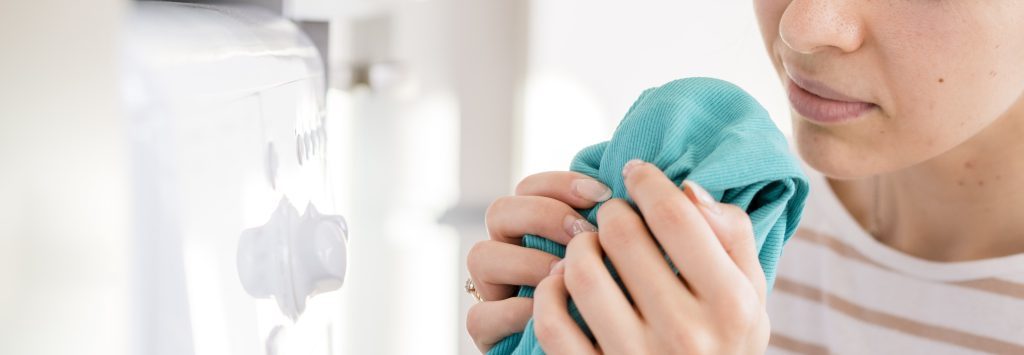
Many laundry detergents come in various fragrances to leave your clothes smelling pleasant and fresh. Choose the scent of your detergent based on your personal preferences. People with sensitive skin should opt for fragrance-free detergent.
Factor 5: Eco-Friendly Laundry Detergents
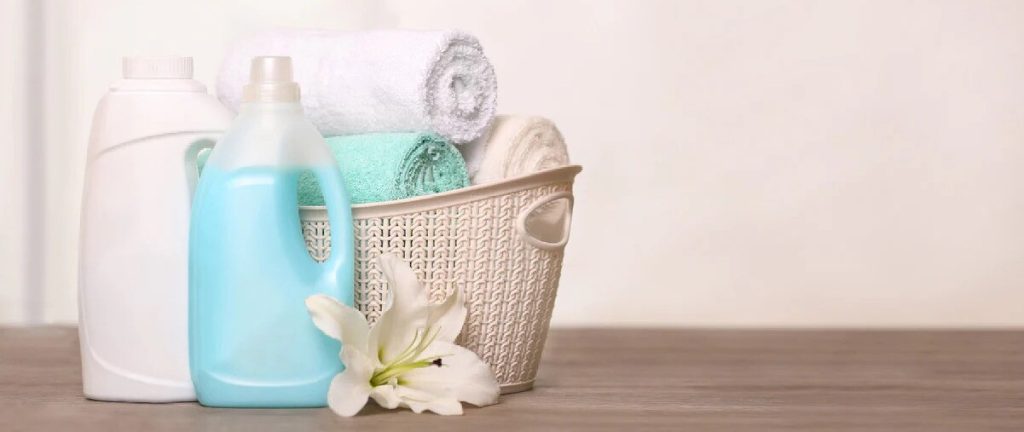
Most laundry detergents contain synthetic chemicals, whereas eco-friendly detergents do not. They are typically made with natural ingredients. Choose detergents that contain environmentally friendly ingredients. Verify this by checking the list of ingredients on the back of the package. Not only do these detergents benefit you, but they also help the environment, which is a bonus. Additionally, they are better for your health since clothes come into contact with your skin.
ORAPI RECOMMENDS:
Factor 6: The Type of Fabric

Certain fabrics, such as silk and wool, require gentler detergents. When dealing with such fabrics, it’s best to use products containing a blend of enzymes and bleach. It’s important to avoid harsh chemicals that can damage natural fabrics like wool, cotton, and silk.
Factor 7: Skin Sensitivity

Individuals with sensitive skin should use a gentle detergent, typically made with natural ingredients. Check the ingredients before purchasing.
Laundry Detergent Ingredients to Avoid for Sensitive Skin
What laundry detergent ingredients should you avoid if you have sensitive skin? Using the wrong laundry detergent can cause extreme itchiness for those with sensitive skin. Thankfully, there are many low-irritant laundry detergents available that either swap or omit chemicals known to cause irritation. However, it’s important to still be mindful of certain irritants in laundry detergents. Be sure to check for the following chemicals in the ingredients list and avoid them.
Fragrances and Dyes
Fragrances and dyes are common ingredients that can cause skin irritation. In rare cases, they can lead to redness, itching, and hives. To avoid these problems, consider purchasing a laundry detergent labelled as “fragrance-free” and “dye-free.”
Enzymes
Enzymes are biological catalysts that help to remove dirt. They can effectively remove grass stains and blood stains. Manufacturers add different types of enzymes to target specific types of stains. However, all enzymes have one thing in common: they can cause irritation, so it’s best to avoid them if you have sensitive skin.
Brighteners
Brighteners Optical brighteners, another well-known irritant, bathe your laundry in fluorescents. They are chemicals that absorb ultraviolet radiation and re-emit it as blue light. This gives your garments a whiter and brighter appearance. If you have sensitive skin, it is best to avoid products containing brighteners.
Formaldehyde
Formaldehyde is a known carcinogen and a toxic respiratory irritant when used as a preservative. It can remain on clothing and be absorbed by the skin. It’s best to avoid this chemical, particularly if you have allergies to the skin or nasal passages.
Factor 8: Stain Removal
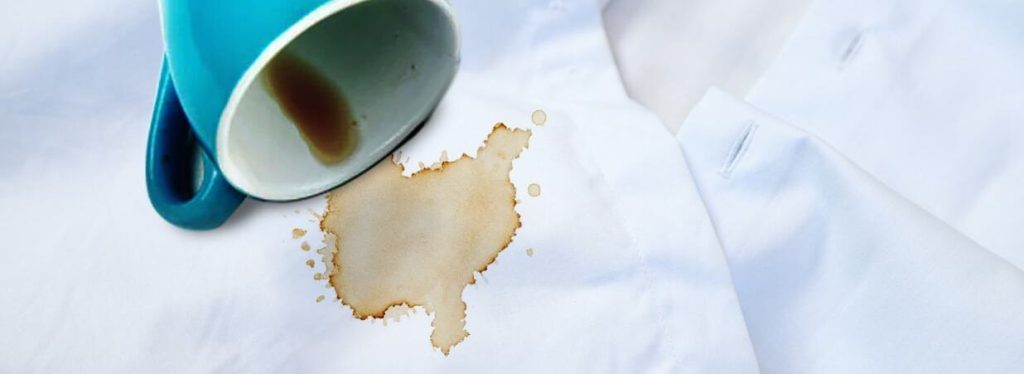
There are different types of stains, and not all can be removed with one specific type of detergent. Some detergents claim to remove stains, while laundry pods come with stain removers. However, it is better to remove difficult stains using detergent containing enzymes. People with sensitive skin can also choose products formulated to remove stains. For regular stains, it is always better to use a detergent made from natural ingredients. It’s important to remember that if detergents and laundry pods aren’t doing the trick, it may be because proper stain removal procedures weren’t followed.
Factor 9: Fabric Softeners
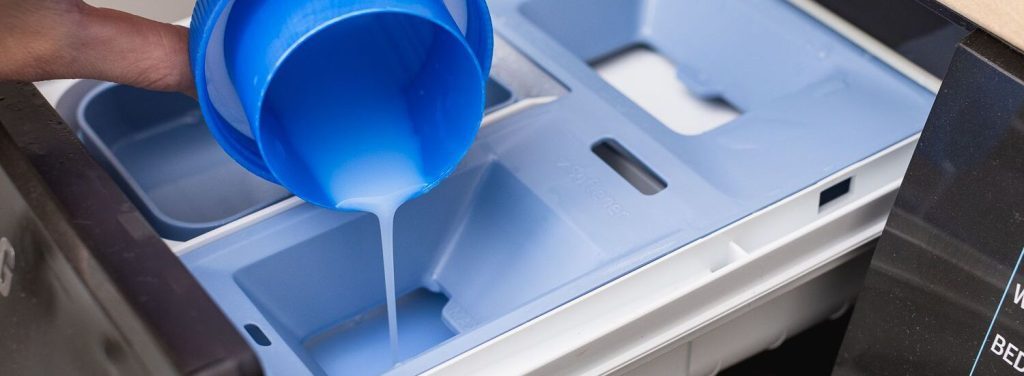
Fabric softeners improve the softness and feel of your clothes. They come in various forms, from liquid to dryer sheets, each designed to add a luxurious touch to your laundry. When choosing a fabric softener, it’s essential to consider factors such as fabric type, skin sensitivity, and personal scent preference. For those with sensitive skin or allergies, hypoallergenic and fragrance-free options are advisable to minimise potential reactions. By selecting the appropriate fabric softener, you ensure the longevity and comfort of your garments and elevate the overall laundry experience with soft, cosy fabrics. However, it’s not ideal to use fabric softeners on all types of fabrics, such as activewear, towels, and baby clothes, so it’s important to keep the dos and don’ts of fabric softeners in mind.
Factor 10: Colour Bleeding

Colour bleeding is an important factor to consider when choosing a laundry detergent, especially if you want to preserve the brightness and quality of coloured clothing. Some detergents contain special additives that are meant to prevent colour bleeding, which helps to protect your clothes from becoming discoloured and ensures that they maintain their original colours. When selecting a detergent, it’s crucial to look for products labelled as colour-safe or colour-protectant, especially for coloured items. Additionally, sorting your laundry based on colour intensity and using cold water for washing can further reduce the risk of colour bleeding.
BONUS Factor
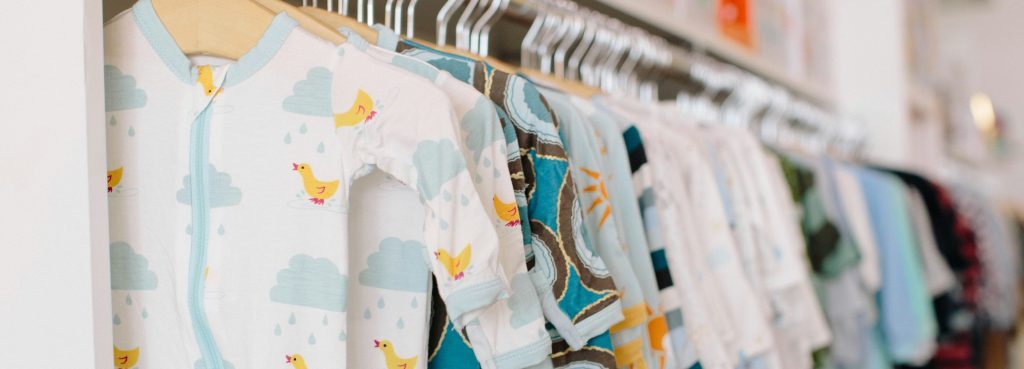
When washing baby clothing, it’s best to use natural detergents. Chemical-based detergents can cause allergies in babies, so try to avoid them altogether. Gentler detergents are now designed specifically for washing baby clothes and are suitable for their sensitive skin. Remember not to use fabric softeners on baby clothing! Additionally, it’s important to avoid washing children’s clothes with your child’s clothing.
Conclusion
In conclusion, mastering the selection of laundry detergent is essential for efficient and safe clothing care. This guide covers crucial factors such as detergent types, machine compatibility, and stain removal techniques while considering environmental impact, fabric sensitivity, and colour preservation. By understanding these nuances, one can maintain clean, fresh, and vibrant clothing, prioritising both skin health and environmental sustainability.


